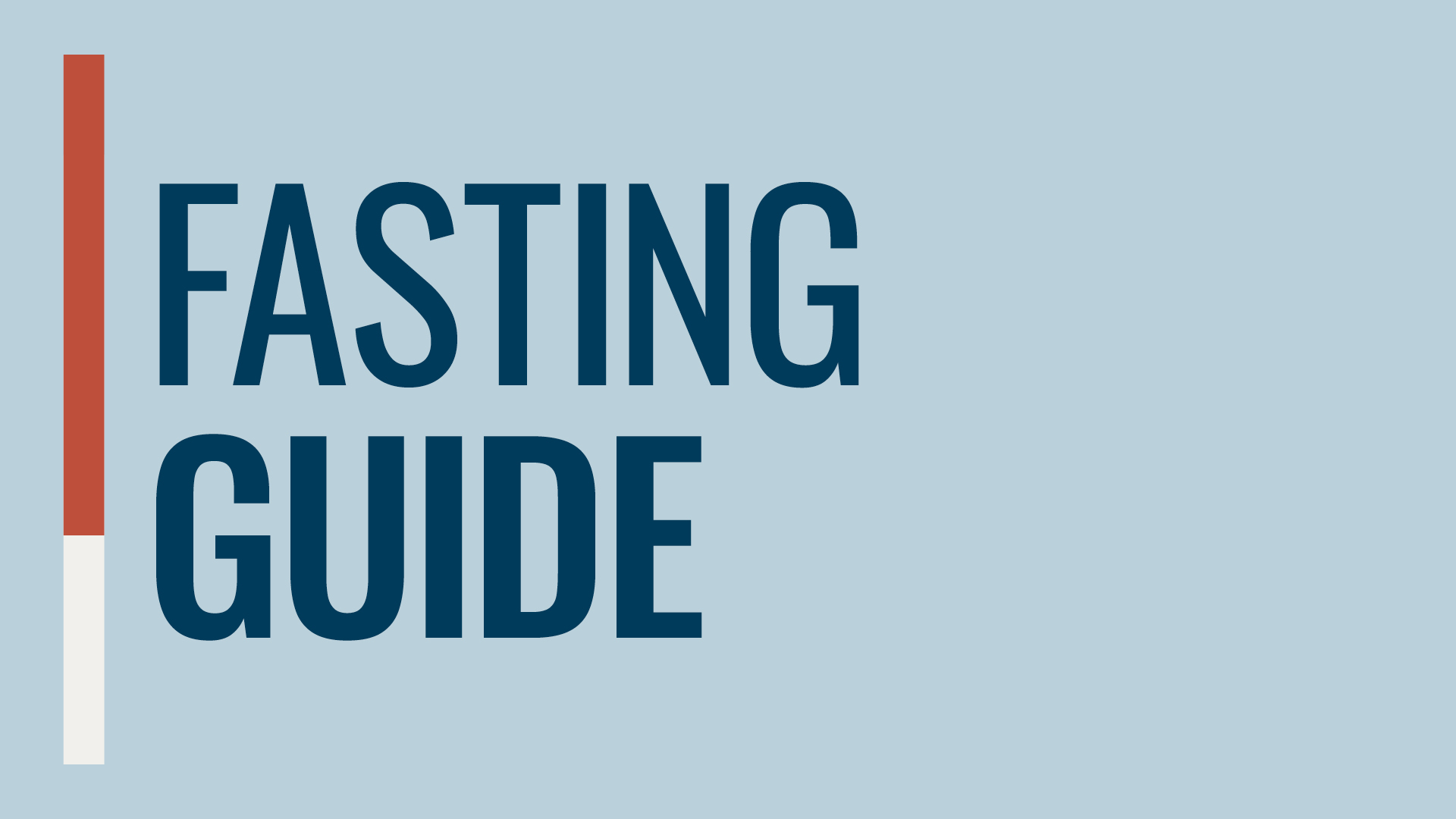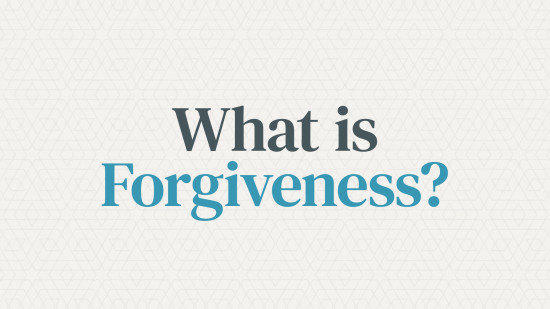We don’t talk a lot about the spiritual discipline of fasting. Many people don’t know exactly what fasting is, or aren’t clear on how and why we should fast. However, considering that even Jesus fasted (Matthew 4:2), and that He assumed His followers would also fast (Matthew 6:16-17; Matthew 9:15), it is a biblical practice that we should not ignore.
What Is Fasting?
The dictionary definition of “fasting” is pretty simple: it means abstaining from food for a period of time.
There are some different types of fasting, though. Usually, fasting means you don’t eat any food, but you can still drink water. Sometimes it can mean abstaining from all food and water, as in Esther 4:16. Or, on the other end of the spectrum, it could mean giving up only certain types of food or drink, as in Daniel 10:3. Daniel abstained from the food he would have preferred—meat, wine, and “delicacies”—choosing to have only vegetables and water (Daniel 1:12).
People also sometimes use the term “fast” in reference to abstaining from things other than food, like a “social media fast.” The Bible even mentions husbands and wives temporarily abstaining from sex in order to focus on prayer (1 Corinthians 7:5). The idea is very similar, in that you are voluntarily giving up something good in order to focus on something greater (your relationship with God).
However, the word “fasting” technically refers to giving up food, and fasting normally means that you abstain from all food (although you can still drink water). Of course, if you have a medical, health, or other reason why it would be a bad idea to give up food for very long, be wise and don’t do anything unsafe. In those situations, you might consider something like a Daniel 10:3 fast, where you abstain from only certain types of food.
Why Should We Fast?
The main point of fasting is to focus your attention on God. It provides that focus in a few ways:
- The time and effort normally spent cooking and eating can be spent on prayer or meditation instead. If you want, the money you would spend on food (or the food itself) can be donated to care for others instead (Isaiah 58:6-7).
- When you fast, you get hungry. That hunger serves as a reminder of why you are fasting, keeping it top-of-mind. Every time you feel hunger when fasting, use that as a prompt to pray.
- Fasting for a specific purpose—such as seeking God’s guidance for a big decision or praying about something important (Esther 4:16; 2 Samuel 12:16)—reminds us of the seriousness of the situation. Without a specific purpose, the focus of the fast becomes the fast itself; you’re just hungry for the sake of being hungry. But when you fast for a purpose, you are demonstrating the significance of that which you are fasting for. Fasting serves as an acknowledgment that we want to seek God even more than we want to eat.
- Fasting can help us focus on the Giver instead of His gifts. Food is a gift from God, but how often do we fully appreciate God’s goodness in how He provides everything we need? Going without food, or abstaining from any gift of God, makes you more appreciative of both the gift and the Giver.
Those are all good reasons for fasting. However, there are also some wrong motivations for fasting, or common misunderstandings about why Christians should fast.
- Fasting won’t make you right with God. It is not a religious observance required to get on God’s good side (Luke 18:9-14). No action on our part can earn God’s grace; it is only through Jesus’s sacrifice on the cross that we are saved (Ephesians 2:8-9).
- Fasting does not obligate God to answer your prayers. God doesn’t owe you anything, and there is no way to put Him in your debt (Job 41:11). Fasting does not make God more likely to hear our prayers or to do what we ask; He always hears our prayers, and always acts according to His will (1 John 5:14-15).
- Fasting shouldn’t be done to impress others. It should not be motivated by trying to show others how righteous or religious we are (Matthew 6:16-18). We should seek God through fasting, not the approval of man (Galatians 1:10).
When Should We Fast?
In the Bible, fasting is usually prompted by some significant event or decision to be made. People fast to pray for specific things (Ezra 8:21-23), mourn a loss (2 Samuel 1:12), repent from a sin (1 Samuel 7:6), or dedicate their lives to God (Acts 14:23). They do it to seek God’s guidance (Judges 20:26-28) or deliverance from enemies (2 Chronicles 20:1-4).
Of course, you have the freedom to fast at any time, and some people choose to practice fasting on a regular schedule. Just make sure that you are fasting for the right reasons, and not based on one of the misunderstandings or wrong motivations listed above. Also note that, although Jesus seems to assume that His followers would sometimes fast (Matthew 6:16-17; Matthew 9:15), the Bible stops short of explicitly commanding Christians to fast—and it certainly doesn’t say that we must follow a specific fasting schedule. So, don’t fast out of a sense of obligation or rule-keeping. Instead, fast out of freedom and love (Galatians 5:13-14), focused on the goodness and mercy of God (Psalm 23:6).


